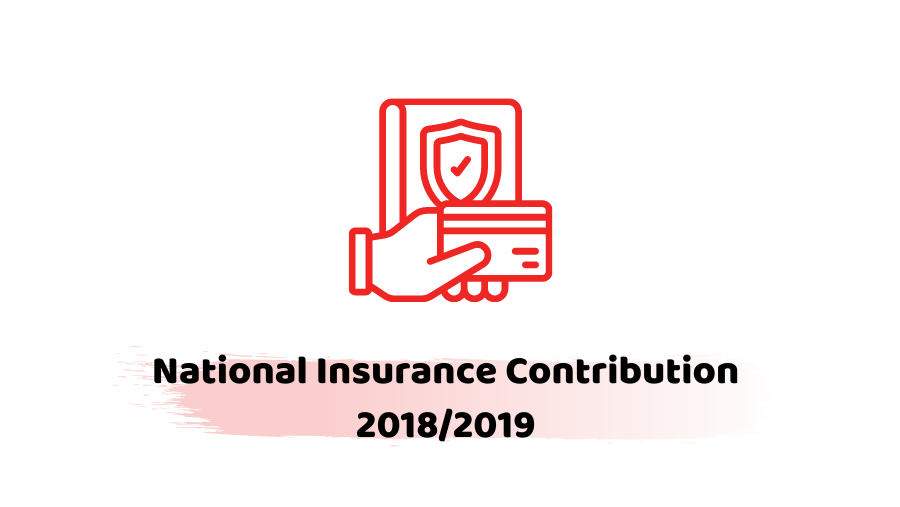National Insurance – Your Way Around the Maze
All national insurance Contribution rates in this article are for 2018/19.
NIC for Employees
For employees, Class1 National Insurance (NI) primary contributions deduct from their salary each month as part of the PAYE system.
Their pay is on earnings between £162 and £892 per week at 12% and then 2% on any earnings above this.
Employees’ rate of NIC pay depends on whether you are covenant out of SERPS or S2P(the State Second Pension Scheme) in which case the reduce rate is payable. If the employee has pledge out of SERPS and into a salary-related scheme, then at the basic level the NIC rates reduce by 1.4% for the employee and 3.4% for the employer.
NICs for Employers
Employers pay Class 1 secondary contributions at the rate of 13.8% on all the employee’s income above £162 per week. HMRC must get the contributions together with the primary contributions being deduct from the employees’ salaries, each by the 19th of each month or by 22nd if paying electronically. Employers with small payrolls can elect to pay quarterly.
Employers pay Class 1A contributions on most forms of benefits provided to the employee, at the rate of 13.8% on the value of the benefit provided. Class 1A contributions are recompense once a year by 6 July after the tax year-end.
NIC Holiday
Some businesses are exempt from paying the employer’s class 1 NICs for 12 months for up to 10 employees, capped at £5,000 per employee. The scheme started in September 2010 but applies to new businesses set up on and after 22 June 2010. It only applies in Scotland, Wales, Northern Ireland, the North of England, Yorkshire, the Midlands and the South West regions. Certain businesses are disbar, such as those under the IR35 or Managed Service Company rules, and businesses in grant-support sectors such as agriculture, fisheries, and coal.
Employment Allowance
From 5 April 2014, a new Employment Allowance of £2,000 per year for all businesses and charities is available to offset against the cost of Employer’s class 1 national insurance contributions. This applies to all businesses and employees not just new employees or new businesses.
Self Employment NIC
When you are independent there are two types of national insurance that are payable:
- Class 2 contributions, amount to £2.95 per week and are due if you earn more than £6,205 per year. Payment is due on 31 Jan, the same as the self-assessment tax bill. They provide only very basic cover for state benefits. You get the basic retirement pension but not the earnings-related pension. You may also claim incapacity benefits but not industrial injuries benefit.
- Class 4 contributions on the taxable profit you make between £8,424 and £46,350 per annum. The rate is 9% of that profit and 2% above this.
This is less than you would pay as an employee, rate is 12% at these levels and 2% after that.
Voluntary National Insurance
Class 3 National Insurance is a voluntary contribution at the flat-rate contributions of £14.65 per week and people can pay to keep up their national insurance record for the retirement pension and some other benefits, when they haven’t paid enough of any of the other forms of contribution.
Class 2 contributions can also be paid voluntarily to protect entitlement to UK benefits while temporarily posted abroad.
Summary
- Class 1 primary contributions are paid by employees;
- Secondary contributions are paid by employers
- Class 1A is paid by employers;
- Grade 2 is paid by the self-employed, and voluntarily by employees posted overseas;
- Class 3 is a voluntary contribution to make up any deficits;
- Class 4 is paid by the self-employed if they earn enough, but does not provide any entitlement to state benefits.
How We Can Help You
National Insurance can be a complex area and HM Revenue Customs have wide powers. We can assist you with compliance and taking advantage of NIC planning opportunities.





















































